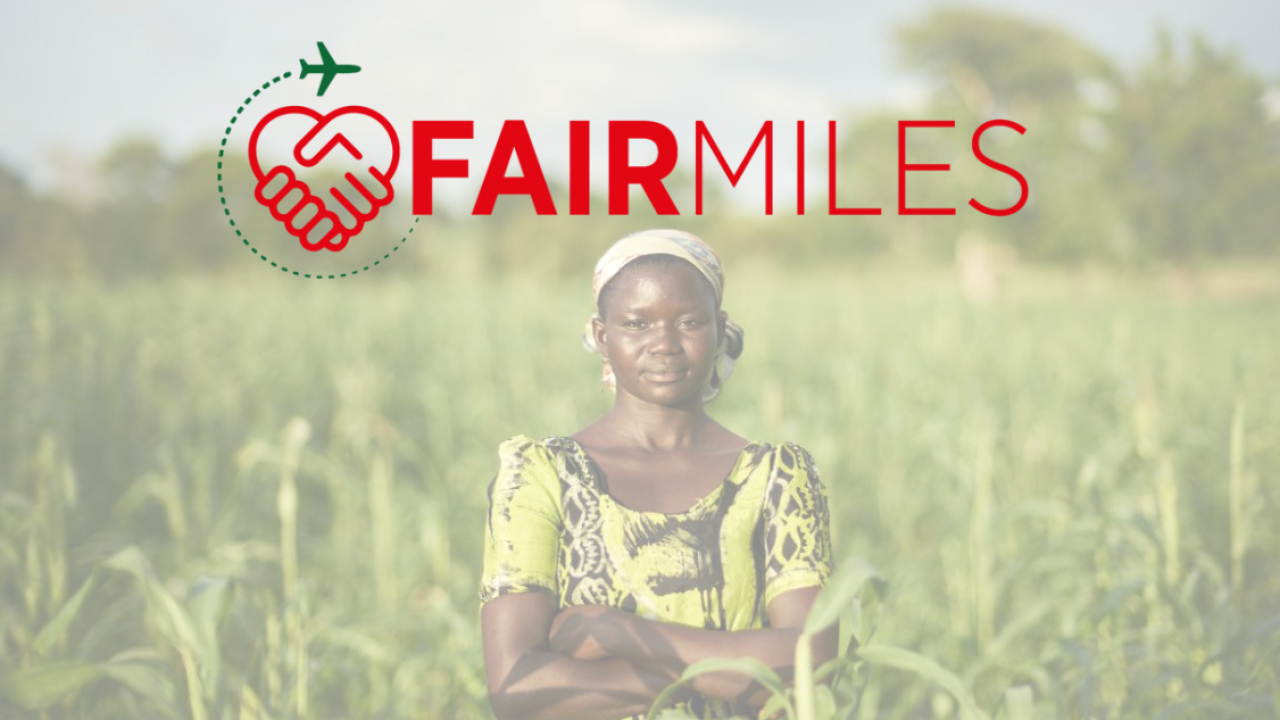
Fairmiles Press Release 29th April 2024
3 May 2024
Latest research suggests that at least 18 million livelihoods in developing countries are supported by airfreighted fresh produce.
The latest research conducted by Fairmiles estimates that around 18 million people in developing countries benefit from fresh produce exported to European markets by airfreight.
The research builds on an earlier study conducted in 2023 which found that at least 5 million people in Africa rely on airfreighted horticulture based on research conducted mainly in East Africa. The latest findings are based on research carried out over a far wider area involving producers from 21 countries spanning Africa and Latin America.
The full findings of the research will be presented during a roundtable meeting which will being held at the Press Club Brussels Europe on the 30th of April at 1130 CET . The roundtable will discuss the question of whether it is fair to ban airfreighted fresh produce in order to achieve Net Zero emissions. It will be attended by representatives of fresh produce exporters, retailers, industry associations, logistics companies, NGOs and government.
For further details of the roundtable and to register to join online, please click here.
Fairmiles is made up a of organisations representing fresh produce businesses, academia and the international development sector. Its aim is to establish a just and equitable strategy, consistent with the principles of Climate Justice to ensure we achieve Net Zero without stopping vital market access for developing world producers. Founding partners include ODI, University of Northampton, University of Exeter, COLEAD, Beanstalk.Global and Blue Skies.
Simon Derick, Head of Sustainability at the fruit manufacturer Blue Skies and a founding member of the Fairmiles consortium, said “This latest research further underscores the important impact that air freighted fresh produce has in developing countries. With a strong turnout expected at our roundtable meeting on the 30th of April, it also highlights how we have a crucial responsibility to ensure a proper, balanced debate on this issue to ensure we can achieve Net Zero without having unintended consequences on vulnerable communities”.
Next article
Previous article
3 May 2024